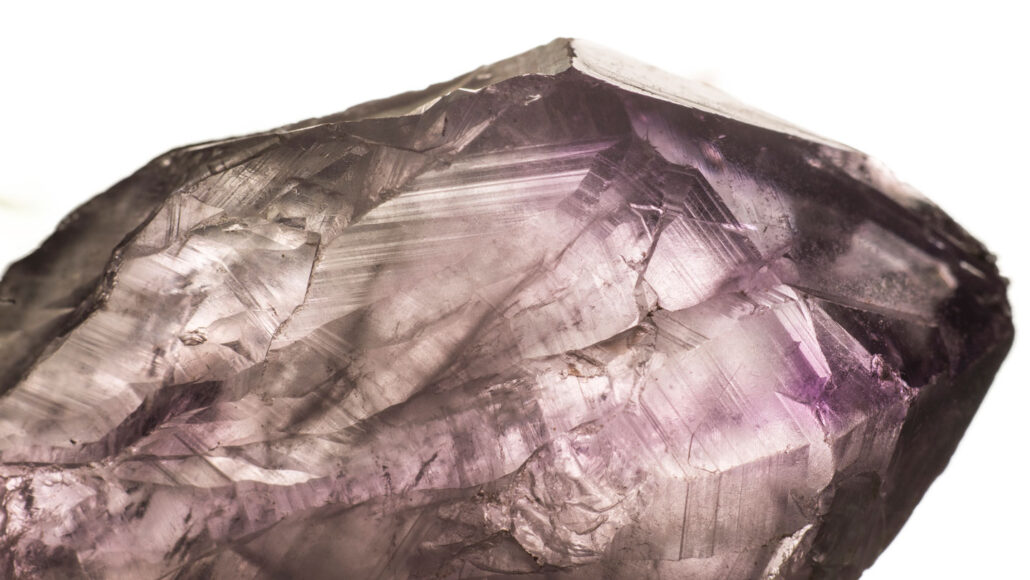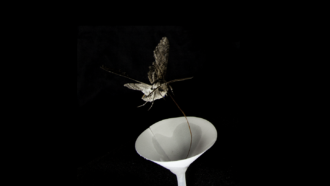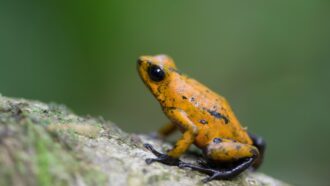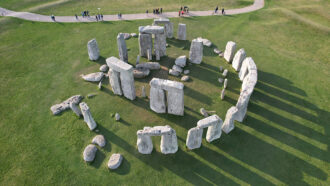atomic: Having to do with atoms, the smallest possible unit that makes up a chemical element.
atomic number: The number of protons in an atomic nucleus, which determines the type of atom and how it behaves.
chemical: A substance formed from two or more atoms that unite (bond) in a fixed proportion and structure. For example, water is a chemical made when two hydrogen atoms bond to one oxygen atom. Its chemical formula is H2O. Chemical also can be an adjective to describe properties of materials that are the result of various reactions between different compounds.
crust: (in geology) Earth's outermost surface, usually made from dense, solid rock.
current: (in electricity) The flow of electricity or the amount of charge moving through some material over a particular period of time.
electric current: A flow of electric charge — electricity — usually from the movement of negatively charged particles, called electrons.
electricity: A flow of charge, usually from the movement of negatively charged particles, called electrons.
electronics: Devices that are powered by electricity but whose properties are controlled by the semiconductors or other circuitry that channel or gate the movement of electric charges.
element: A building block of some larger structure. (in chemistry) Each of more than one hundred substances for which the smallest unit of each is a single atom. Examples include hydrogen, oxygen, carbon, lithium and uranium.
granite: A type of hard igneous rock, which contains coarse-grained inclusions (essentially mini rocks within a rock) of various minerals, chiefly quartz, feldspar and mica.
metal: Something that conducts electricity well, tends to be shiny (reflective) and is malleable (meaning it can be reshaped with heat and not too much force or pressure).
mica: A family of minerals, many of which readily break into small, glittering flakes.
mineral: Crystal-forming substances that make up rock, such as quartz, apatite or various carbonates. Most rocks contain several different minerals mish-mashed together. A mineral usually is solid and stable at room temperatures and has a specific formula, or recipe (with atoms occurring in certain proportions) and a specific crystalline structure (meaning that its atoms are organized in regular three-dimensional patterns). (in physiology) The same chemicals that are needed by the body to make and feed tissues to maintain health.
oxygen: A gas that makes up about 21 percent of Earth's atmosphere. All animals and many microorganisms need oxygen to fuel their growth (and metabolism).
proton: A subatomic particle that is one of the basic building blocks of the atoms that make up matter. Protons belong to the family of particles known as hadrons.
quartz: A type of mineral made from silicon dioxide. The most common mineral on Earth, it can occur in any rock type: igneous, metamorphic or sedimentary.
semiconductor: A material that sometimes conducts electricity. Semiconductors are important parts of computer chips and certain new electronic technologies, such as light-emitting diodes.
silica: A mineral, also known as silicon dioxide, containing silicon and oxygen atoms. It is a basic building block of much of the rocky material on Earth and of some construction materials, including glass.
silicate: A mineral containing silicon atoms and usually oxygen atoms. The majority of Earth’s crust is made of silicate minerals.
silicon: A nonmetal, semiconducting element used in making electronic circuits. Pure silicon exists in a shiny, dark-gray crystalline form and as a shapeless powder.
silicone: Heat-resistant substances that can be used in many different ways, including the rubber-like materials that provide a waterproof seal around windows and in aquariums. Some silicones serve as grease-like lubricants in cars and trucks. Most silicones, a type of molecule known as a polymer, are built around long chains of silicon and oxygen atoms.
tool: An object that a person or other animal makes or obtains and then uses to carry out some purpose such as reaching food, defending itself or grooming.









